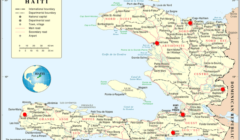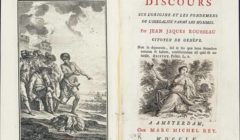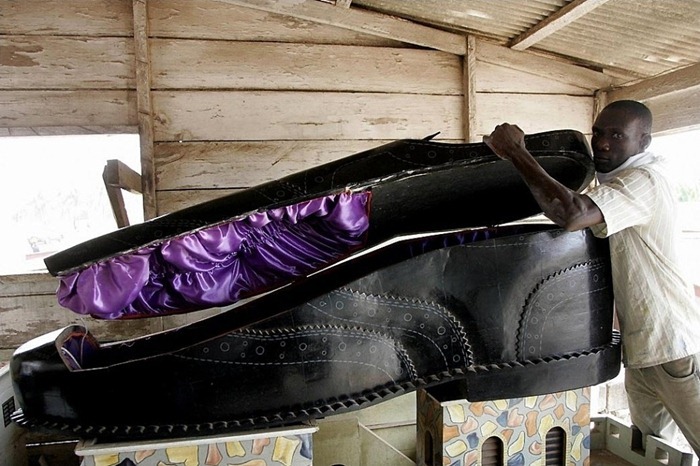Research on the economics of religion
In the last few years I have been involved in a range of research on the economics of religion with several co-authors, including Emmanuelle Auriol, Diego Delissaint, Maleke Fourati, Julie Lassébie, Pepita Miquel-Florensa, Amma Panin and Eva Raiber.
In May 2024 Princeton University Press published my book The Divine Economy: How Religions Compete for Wealth, Power and People. More details here.
I took part in the IAST podcast Crossing Channels on the subject “What Is the Future of Religion?”, released in May 2023.
Here are the publications to date from these projects:
Betting on the Lord: Lotteries and Religiosity in Haiti (with Emmanuelle Auriol, Diego Delissaint, Maleke Fourati and Pepita Miquel-Florensa), World Development 144 (2021), https://doi.org/10.1016/j.worlddev.2021.105441
US Churches’ Responses to Covid-19: results from Facebook (with Eva Raiber), pre-print in CovidEconomics, issue 61.
Trust in the image of God: Links between religiosity and reciprocity in Haiti (with Emmanuelle Auriol, Diego Delissaint, Maleke Fourati and Pepita Miquel-Florensa), Economics of Transition and Institutional Change (2020), https://doi.org/10.1111/ecot.12263
“God insures those who pay? Formal insurance and religious offerings in Ghana” (with Emmanuelle Auriol, Julie Lassébie, Amma Panin and Eva Raiber), Quarterly Journal of Economics 135(4), (2020), pp. 1799-1848, https://doi.org/10.1093/qje/qjaa015.
“On the Origins of Enchantment: not such a puzzle”, Religion, Brain and Behavior 10(3), (2020), pp. 345-357, https://doi.org/10.1080/2153599X.2019.1678517.
“Religion and Entrepreneurship: A Match Made in Heaven?”, Archives des Sciences Sociales des Religions 175 (2016), pp. 201-219.
Here are working papers:
“Alcohol, Behavioral Norms and Sexual Violence on US College Campuses”, CEPR discussion paper number 17147.
I also have an op-ed piece in Project Syndicate related to these themes: “Is Christianity Losing to Islam?”, 1st June 2019, available here.












